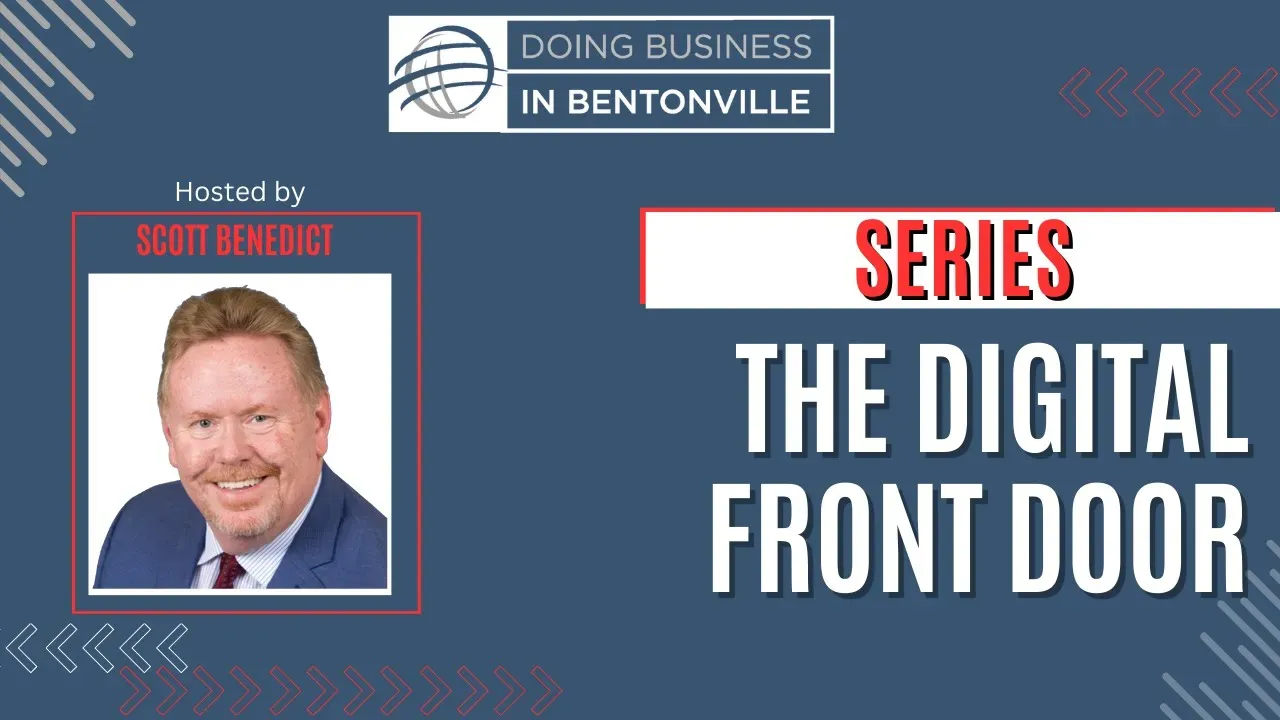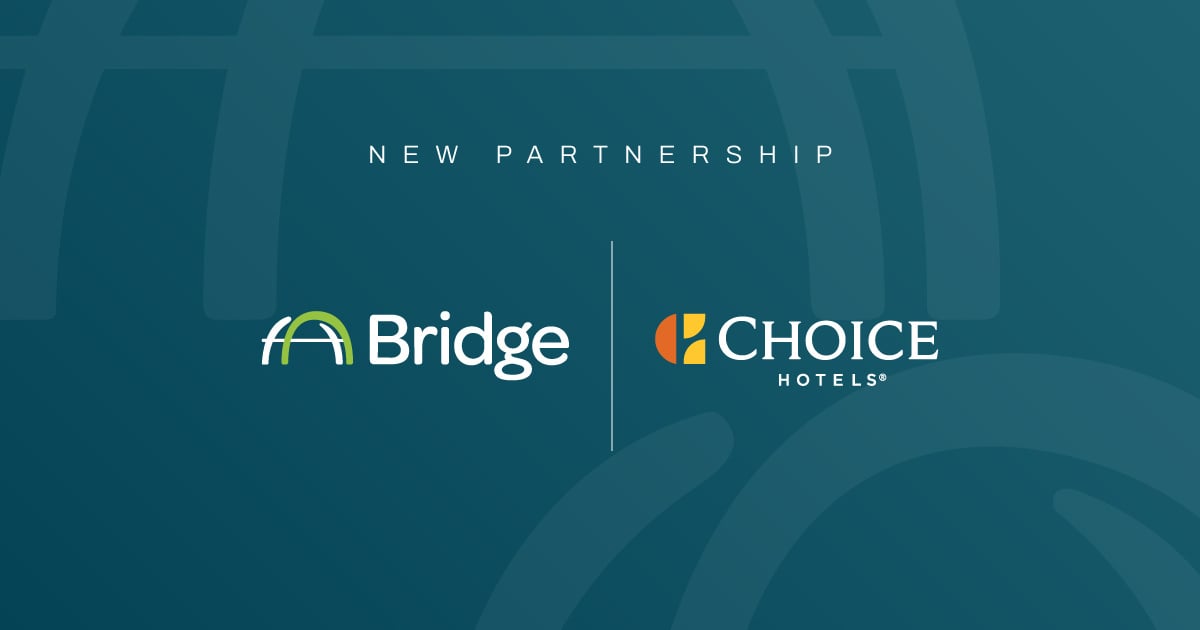One of the goals of the Bridge built by Citi® platform is to democratize lending so that more small- and medium-sized businesses can gain access to capital and the funding opportunities to achieve success. To make that a reality, the Bridge built by Citi platform has focused on underrepresented communities by working closely with many Minority Depository Institutions (MDIs) and minority-owned Community Development Financial Institutions (CDFIs). These lenders are committed to serving their communities and promoting racial and gender equity.
Less than 1% of all Federal Deposit Insurance Corporation (FDIC) insured banks are considered Black-owned. Of the 20 Black-owned banks in the U.S., fifteen are on the Bridge built by Citi platform. Below, three Black bankers on the platform share their perspectives on the lending process. Read on for insights from Trey Alston, a lender from Black Business Investment Fund (BBIF) - a CDFI in Florida, Dimitrius Hutcherson, Executive Vice President from First Independence Bank in Michigan and Damien Gorham, a lender from M&F Bank in North Carolina.
Some responses have been edited for clarity and length
In your opinion what is the most important advice you'd give to a Black business owner going through a loan approval process?
T. Alston: Preparation is critical and the better one understands what is required to successfully get through the lending process, it will increase the chances of getting access to the capital needed to scale their business.
Anticipate that the loan process may take time. If one is applying for any type of loan where there is a sense of urgency, this can lead to making poor lending/financial decisions, which could cost a business owner in the long run
Align yourself with a financial institution that fits your needs and works to understand your business and personal financial goals before you apply.
Understand that it takes time. It’s ok if you do not get approved the first time around. [Your financial institution] can work with you to help you be better educated and positioned to get access to the funding you need.
D. Hutcherson: If at all possible, confirm all of the requisite information required to submit a complete commercial loan package from the prospective lender upfront. It will then go through the bank’s underwriting process without requiring a follow-up request that could extend or delay the loan decision. At the time of submission, ask for a time range of when the lender will provide you with a decision on the loan request assuming you have provided a complete package. Continue to follow-up in writing. If the decision ends up in a decline, ask for alternative borrowing options.
D. Gorham: Meet with a banker first. Let them help you in assessing your borrowing needs and more importantly, your borrowing capacity.
Can you walk through the loan application process? This is the process after an RFP has been submitted and a connection has been made with a business through the Bridge built by Citi platform.
D. Gorham: First, we collect an application package. That package includes the application, a personal financial statement, tax returns, business financials, and a few other documents we need. Once we have a complete application package, it is submitted for underwriting. Once the loan is underwritten, it is either approved or declined and that decision is communicated to the applicant. If the loan is approved, we collect additional information such as ordering appraisals or evaluations, and we begin scheduling the closing.
D. Hutcherson: Our loan review process is one where we request specific information from a prospective borrower. Each deal is evaluated based on our review of the historical operating history of the borrower. We analyze historical financial information, get answers based on the information provided and from there, our underwriting department decides on the loan request. The decision is a collaborative one, involving the work done by our commercial loan underwriting department, the commercial loan officer, and our credit committee.
To anyone who doesn't feel they are ready for a bank loan, how would you say a banker can best assist them?
D. Gorham: Your banker can help you with assessing your businesses financing needs as well as the appropriate financial products. Your banker may also help provide you with knowledge and experience from other business owners and can sometimes connect you with potential customers, suppliers etc. Additionally, your banker may be able to connect you with organizations that provide technical assistance to get the borrower ready to apply for and potentially receive a loan.
D. Hutcherson: A banker can provide guidance to someone on the overall package required to provide a financial institution when applying for a loan. If a prospective borrower believes they are ready for a bank loan, based on its current maturity as an organization, a banker can provide suggestions on the steps the company should undergo to position its organization for a loan. Additionally, the banker can provide recommendations on companies the borrower can contact for assistance to prepare a business plan and complete a loan package the bank requires to evaluate a commercial loan request.
T. Alston: For business owners who feel they aren’t quite ready for a business loan, I would highly recommend they align themselves with a CDFI that can provide the mentorship and guidance to help them be better positioned to get access to capital. Like many CDFI’s, BBIF is uniquely equipped to understand and meet the needs of the businesses we serve and through technical assistance, we are able to provide a number of business management resources.
BBIF is a Black-owned CDFI. Can you talk about the demographic you are focused on and how that may differ from other institutions because you are Black-owned?
T. Alston: The following from our CEO Inez Long says it all – “Focusing on the needs of Black entrepreneurs, and why those needs exist, has allowed us not only to help spur Black business ownership, it has also helped grow a culture and community of Black entrepreneurship.”
As Chief Technology Officer at First Independence, can you tell us about the impact of technology on banking, and even more specifically within the Black community and MDIs?
D. Hutcherson: Technology has changed and accelerated the way we provide information to our customers and how our customers transact business. The trend towards digital banking over the last three years grew exponentially, largely because of the COVID-19 pandemic, shelter from home precautions and mandates that occurred. To remain relevant and competitive, MDIs look to partnerships with fintech organizations, offering apps to conduct banking transactions and process large amounts of data while protecting the security of their customers’ information and privacy. This allows MDIs to service their customers.
See a list of all the MDIs participating on the Bridge built by Citi platform at this link.



